
Loading...

As per the Central Pollution Control Board (CPCB) Official, there was a Ground-Level Dust Storm in the Western part of the country that increased drastically coarser.
About the Author

Vipan has more than 12 years of working experiences and guiding the team in the strategic Development and preparation of ESG reports. He is having a vast experiences of working in the field of Environment in legal, statutory, regulatory, environment compliance management and expertise in waste management. He is a Founder and MD of Corpseed. He is the one, who has developed World First Technology Driven AI Based Automated Compliance Model for All Businesses. He has worked with the Multinational Companies, such as Suncorp (Australian Bank), British Petroleum (UK), Eco- lab health care (USA), BHL, PGCL, UN-Group, SRY oil and gas, L&T, EVS electronics Ltd, Amzette, Faber, NTPC, Muthoot Finance, Capgemini etc.
Related articles
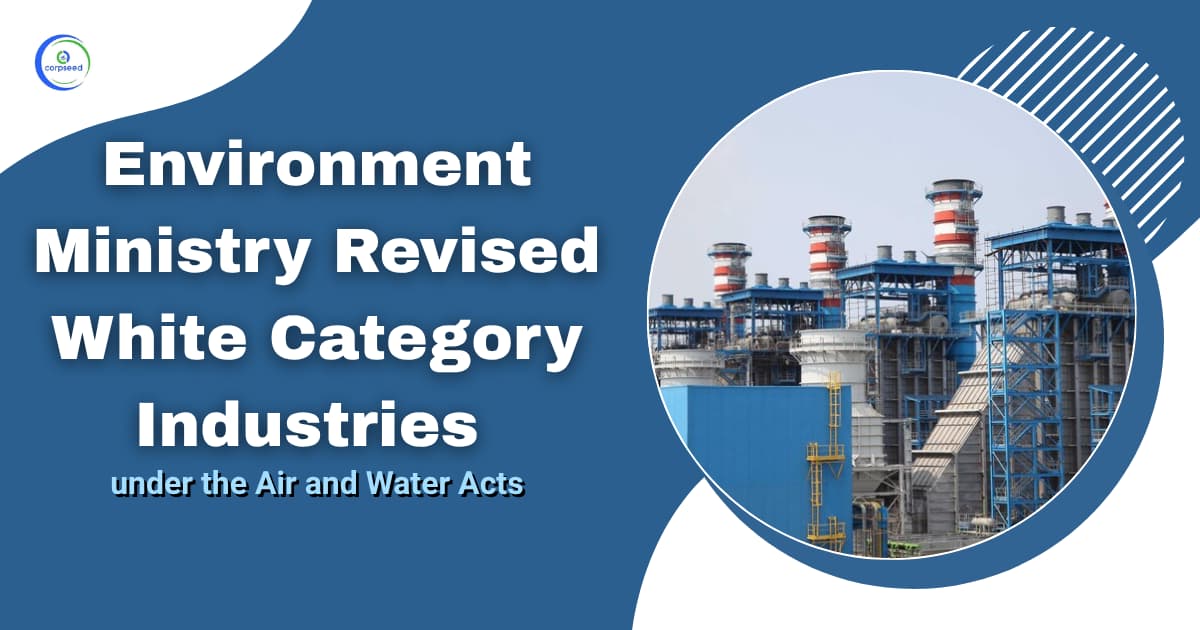
Environment Ministry Revised White Category Industries under the Air and Water Acts
2025-10-27
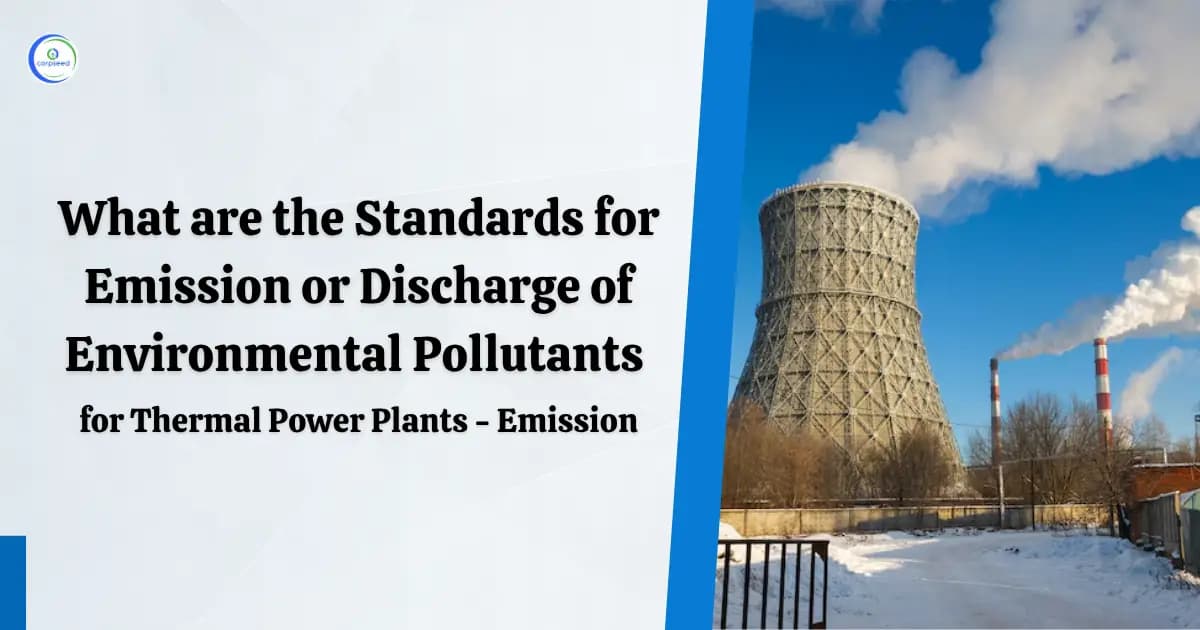
What are the Standards for Emission or Discharge of Environmental Pollutants for Thermal Power Plants - Emission
2025-06-24
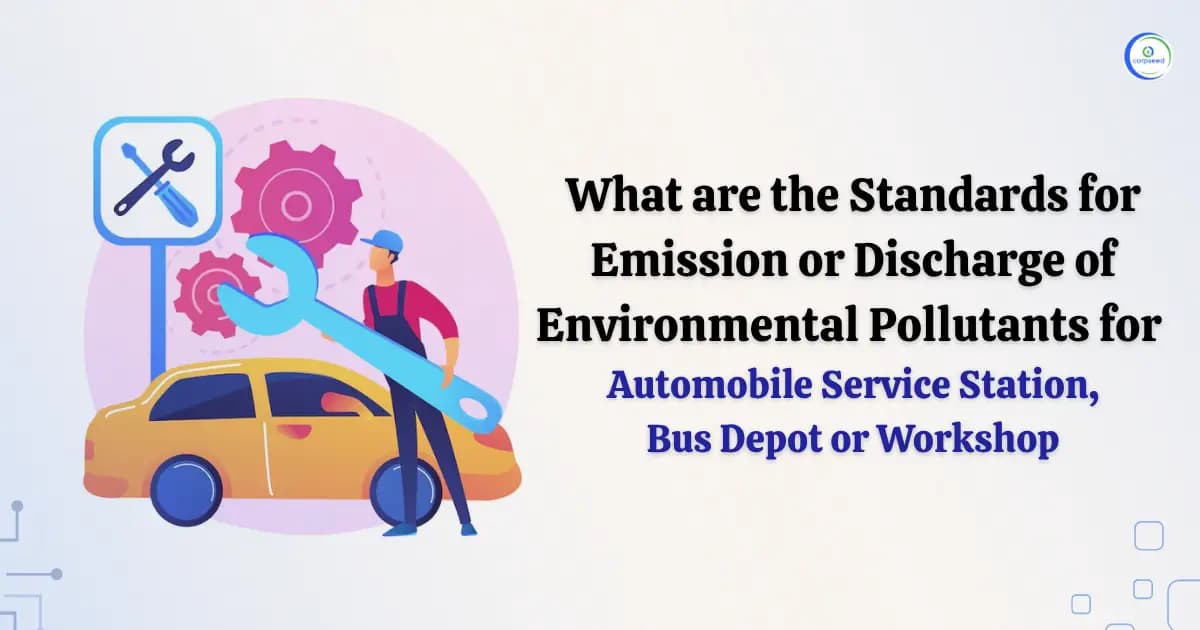
What are the Standards for Emission or Discharge of Environmental Pollutants for Automobile Service Station, Bus Depot or Workshop
2025-06-21
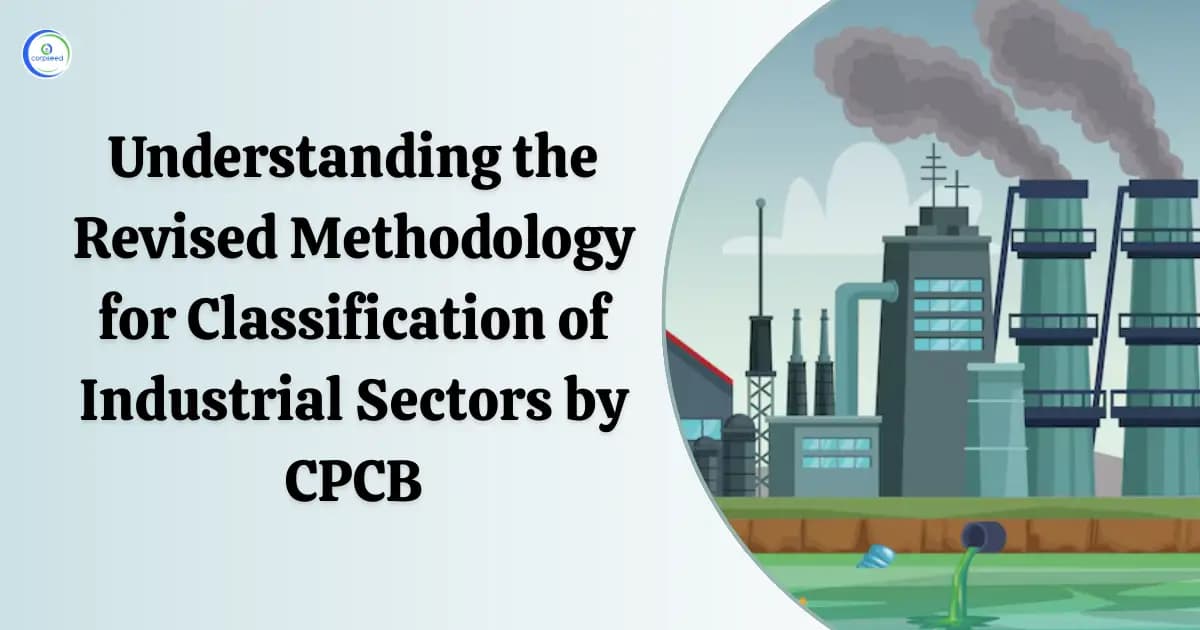
Understanding the Revised Methodology for Classification of Industrial Sectors by CPCB
2025-04-15
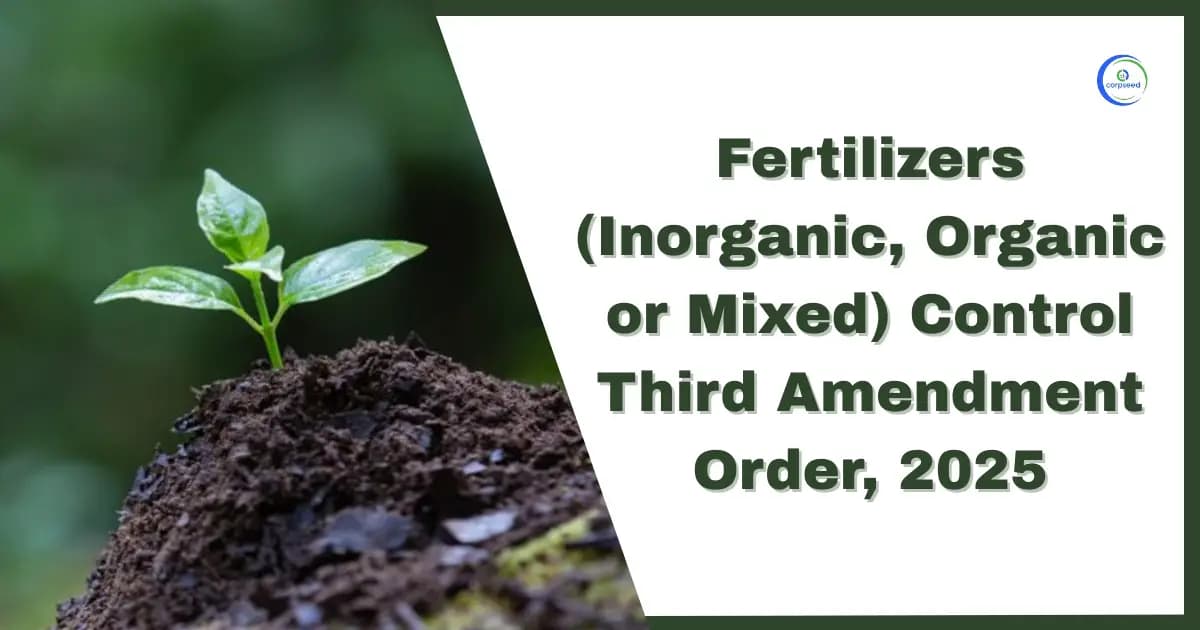
Fertilizers (Inorganic, Organic or Mixed) Control Third Amendment Order, 2025
2025-04-01
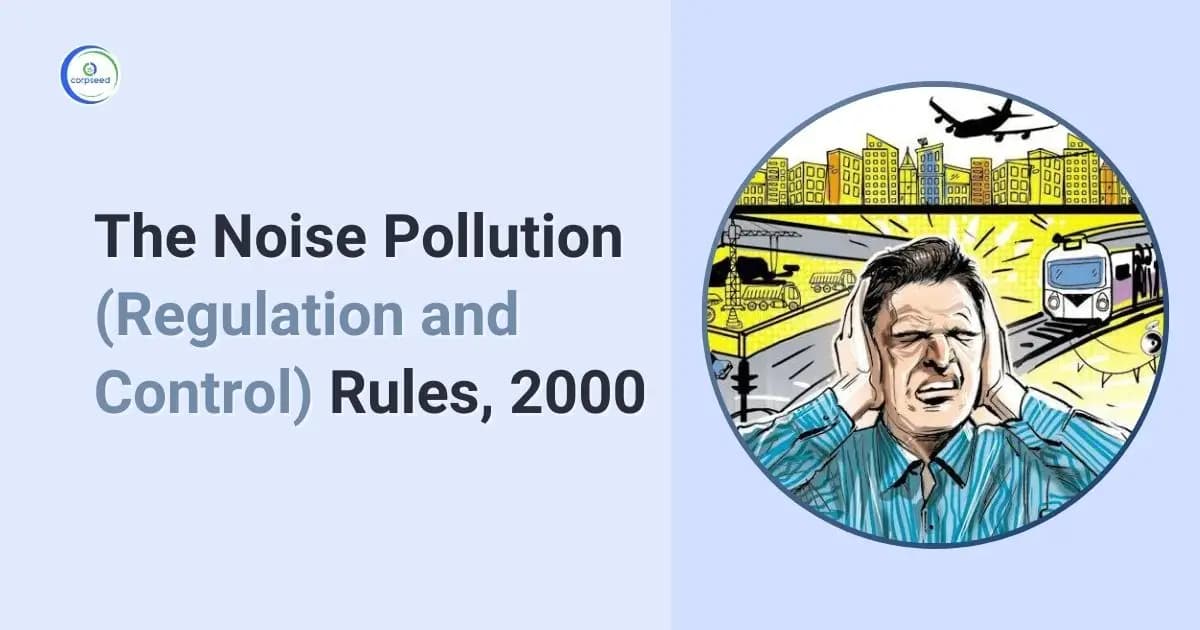
The Noise Pollution (Regulation and Control) Rules, 2000
2024-01-06